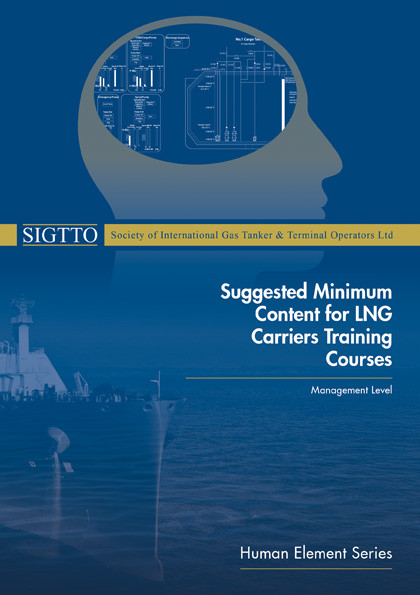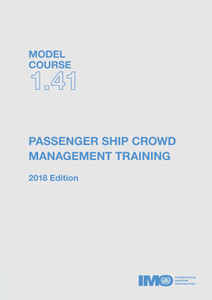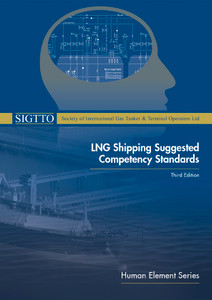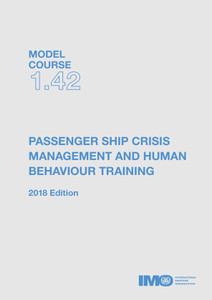
This publication provides guidance for organisations involved in training officers for LNG cargo operations. It is written at a management level and is suitable for training providers, ship owners and operators who are responsible for developing competence management systems and determining appropriate levels of training for officers involved in LNG cargo operations.
This document supports the development of management-level training courses for LNG cargo operations, based on LNG Shipping Suggested Competency Standards. It provides guidance for training providers, ship owners and operators on designing and delivering training for cargo equipment management and deck management-level officers, as well as those preparing for promotion to these ranks. While attendance at such courses ensures participants receive essential knowledge and understanding, full competence requires additional training and onboard experience beyond the scope of this document. The document excludes floating, storage and regasification units and emphasises the importance of regularly reviewing and updating training standards to maintain their safety function.
Inadequate training and low levels of competence have been shown to contribute to accidents, so properly trained and competent personnel are a critical part of the risk-reduction measures taken for LNG cargo operations. Competence management systems are necessary to manage the complexity of these measures.
Based on LNG Shipping Suggested Competency Standards, this document provides guidance for training providers to design a management-level course, although it should be noted not all of the competency standards are included.
While attending a course should ensure that a participant receives knowledge and understanding, completion of the course does not necessarily mean that they will have a full understanding of the subjects and competencies outlined.
Training standards need to be continually assessed and updated on a regular basis to ensure that they continue to provide their essential safety function.
Contents Listing
Annexes
SIGTTO
The Society of International Gas Tanker and Terminal Operators (SIGTTO) is an international body established for the exchange of technical information and experience, between members of the industry, to enhance the safety and operational reliability of gas tankers and terminals. Learn more: https://www.sigtto.org/about-us/
- Number of Pages:
- 60
- Published Date:
- January 2026
- Book Height:
- 297 mm
- Book Width:
- 210 mm
- Publication Date:
- January 2026
- ISBN:
- 1917308993
- Weight:
- 1 kg
- Preview:
- Yes






